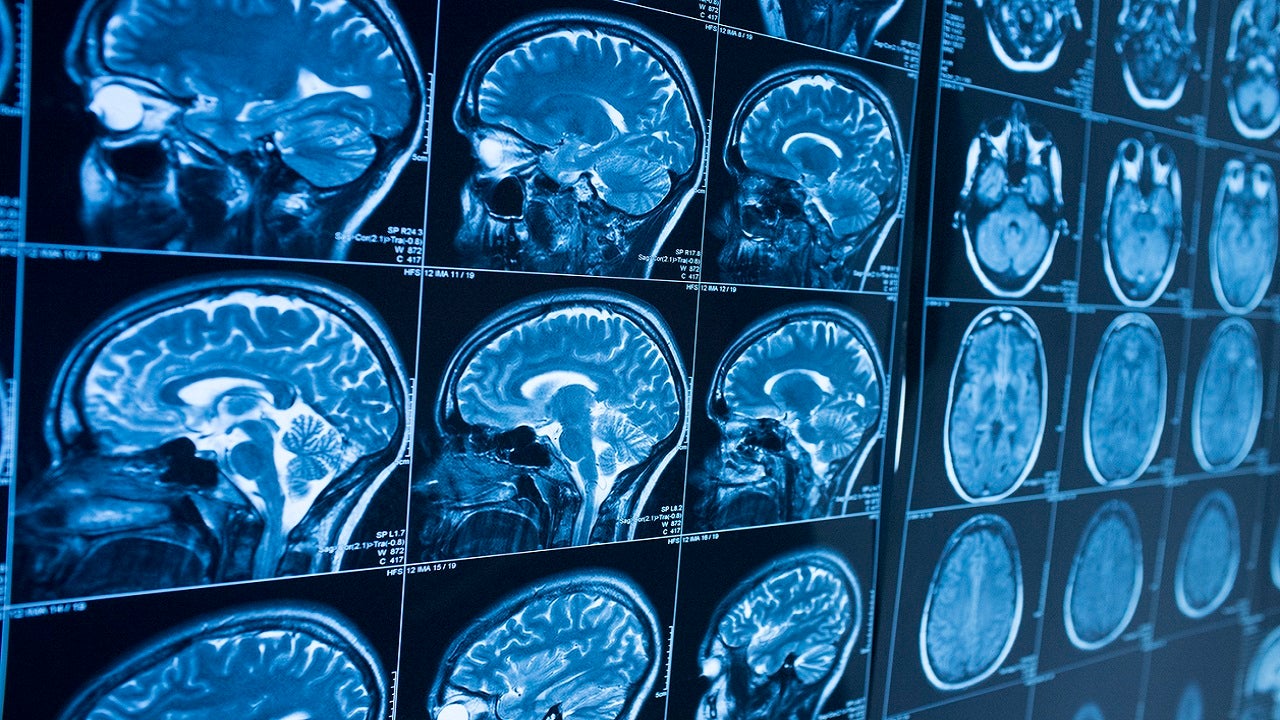- Aug 6, 2012
- 28,921
- 25,758
- 2,405
Remember according to some "we don't need to know the origins of the virus" as newborns are punished for our cowardice.
The Wuhan Virus is the gift from the CCP that keeps giving. The weakest leadership in history of the West.
West will ensure it continues without a hitch. "Shhh, be quiet honey, you don't want to upset the emperor!"
Angry yet?

 www.foxnews.com
www.foxnews.com
Preliminary findings by U.S. researchers suggest children born during the COVID-19 pandemic show lower IQ scores than those who were born before January 2020, but the underlying causes are still unknown.
It may be due to the first 1,000 days of a child’s life being the most crucial to development.
The findings were posted in medRxiv ahead of peer review on Aug. 11, stemming from a survey among roughly 605 children in Rhode Island, most of them White, including 39 born in 2018 and 2019.
Environmental factors, including maternal mental and physical health, nutrition, stimulation and supportive caregiving can alter the child’s development.
The study of pre-pandemic babies shows that they had an IQ ranging from 98.5 to 107.3.
But the IQs of babies born during the pandemic sharply fell 27 to 37 points.
The study attributed lockdown policies aimed at slowing the spread of COVID-19 such as economic shutdowns, mask-wearing, school disruptions, social distancing and stay-at-home orders.
The Wuhan Virus is the gift from the CCP that keeps giving. The weakest leadership in history of the West.
West will ensure it continues without a hitch. "Shhh, be quiet honey, you don't want to upset the emperor!"
Angry yet?

Babies born during COVID-19 pandemic tied with lower IQ, study suggests
Preliminary findings by U.S. researchers suggest children born during the COVID-19 pandemic show lower IQ scores than those who were born before January 2020, but the underlying causes are still unknown.
Preliminary findings by U.S. researchers suggest children born during the COVID-19 pandemic show lower IQ scores than those who were born before January 2020, but the underlying causes are still unknown.
It may be due to the first 1,000 days of a child’s life being the most crucial to development.
The findings were posted in medRxiv ahead of peer review on Aug. 11, stemming from a survey among roughly 605 children in Rhode Island, most of them White, including 39 born in 2018 and 2019.
Environmental factors, including maternal mental and physical health, nutrition, stimulation and supportive caregiving can alter the child’s development.
The study of pre-pandemic babies shows that they had an IQ ranging from 98.5 to 107.3.
But the IQs of babies born during the pandemic sharply fell 27 to 37 points.
The study attributed lockdown policies aimed at slowing the spread of COVID-19 such as economic shutdowns, mask-wearing, school disruptions, social distancing and stay-at-home orders.
 Better a dead baby than a viral baby, right?
Better a dead baby than a viral baby, right?  Besides, lower IQs fit right in with the democrat voter march and recruitment needs. Make those kids all breath the excess CO2 their polluting parents foisted upon the planet!
Besides, lower IQs fit right in with the democrat voter march and recruitment needs. Make those kids all breath the excess CO2 their polluting parents foisted upon the planet! 